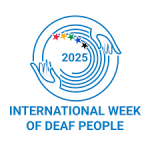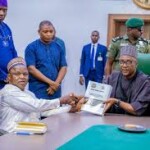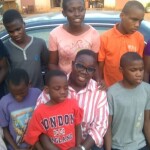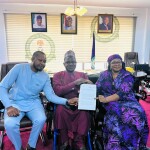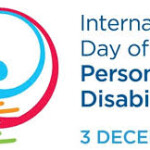The general manager of the Lagos State Office for Disability Affairs (LASODA) has warned the Lagos disability community to adopt moral suasion in claiming their rights, and cut back their expectations from the agency in 2024.
According to Adenike Oyetunde-Lawal, the economic crisis Nigeria is currently facing has impacted government spending. For that reason, she noted, some basic provisions of the Lagos Special People Law are not on the cards now.
She dropped the hint while addressing the first conference of persons with deaf-blindness the Lionheart Ability Leaders International Foundation (LALIF) organized in Lagos recently. A mother there protested LASODA’s poor implementation of the government social protection policy, and the free health care provisions in the LSSPL.
In its Sections 7c and 27, the law provides persons living with disabilities shall be entitled to free medical and health services in all public health institutions; and Section 28 (2) states: Persons living with disability shall be entitled to free tuition at all levels in all public educational institutions, provided that the affected person is so qualified and identified by the office.
But the mother, one of the four parents present, demanded Adenike redress the failed government social protection, and release her child’s stipend. She also relived her experience facing discrimination while seeking free specialist medical treatment from her provider where the only thing she didn’t pay for was meeting the doctor. Prescription drugs, the core of the medical treatment her 19-year-old son with the syndrome needs in the free health (policy), were not provided, but had to be paid for out of pocket.
Adenike asked parents to always report such cases to the agency. She, however, added the government cannot provide everything the free health care and other policies promise the PWDs.
On the discrimination against deaf-blind children (and others children with disabilities), she advised members of the disability community to always approach claiming their rights with less assertion.
“If you know you can’t address them, ask somebody who can speak [persuasively] to follow you to the place and talk to them for you,” she said, partly in dismissal of the complaints as of little consequence.
“Some of these issues are not even our priorities now,” the former special assistant (disabilities) to Gov. Babajide Sanwo-Olu said.
But in the years these issues were its priorities, LASODA had failed to duly account for how much the disability community benefited from these government policies despite the N500 million the government released annually to the state Disability Fund over the years. This is in addition to the agency annual budget.
LALIF founder Solomon Okelola confirmed the height of discrimination and exclusion the Usher Syndrome victims face in hospitals, going by a survey his organisation conducted.
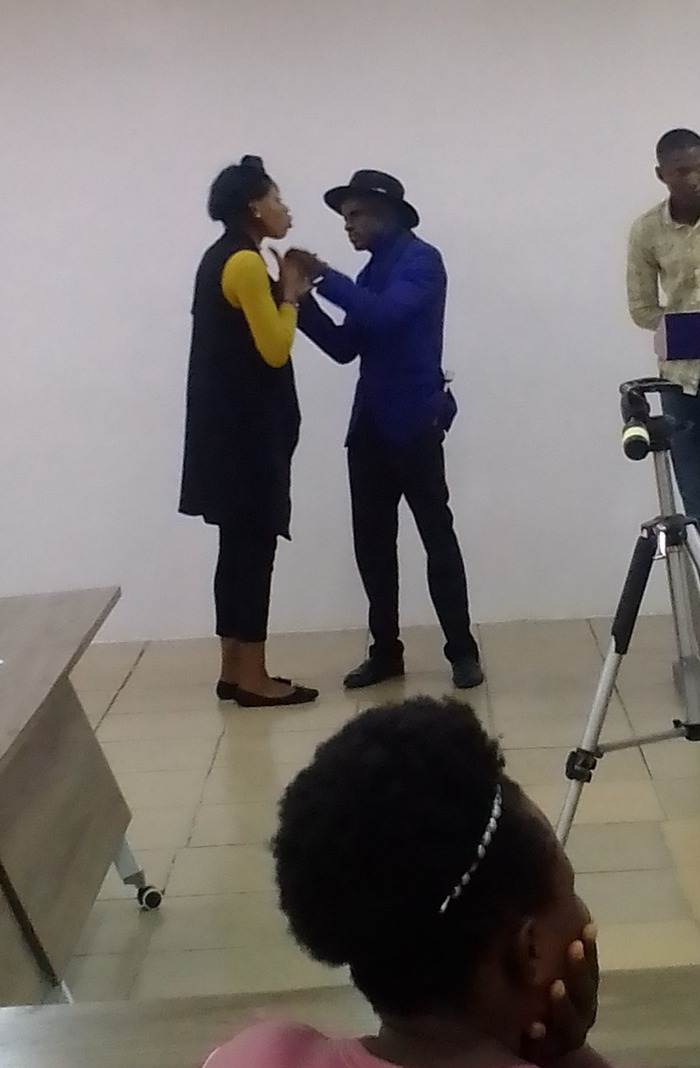
The condition is a little-known, and the victims, having lost both hearing and sight progressively, believe they are alone. He explained how he first lost his own hearing as a child, and his sight at 300-level in the University of Ibadan.
“But we are collaborating with the ministry of health alongside LASODA to train professionals in public hospitals on how to attend to persons with deaf-blindness, and all PWDs,” he said, using tactile communication, a more intimate form of sign language.
Okelola also rejected the idea of creating a special school for the deaf-blind in this age of inclusive education where special schools, he noted, will soon be unpopular. His foundation is also pushing creation of a training centre where the deaf-blind can acquire skills to mingle with and participate in society.
Whether these and other disability initiatives made the cut on LASODA bucket list of priorities before Adenike’s tenure expires was a question she didn’t address. But she repeatedly asked the deaf-blind group (and other clusters she claimed she had met) to forward their observations on the LSSPL.



